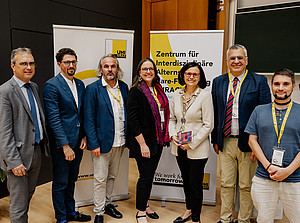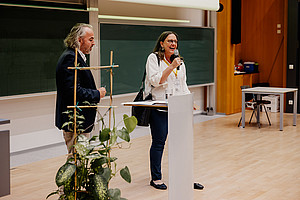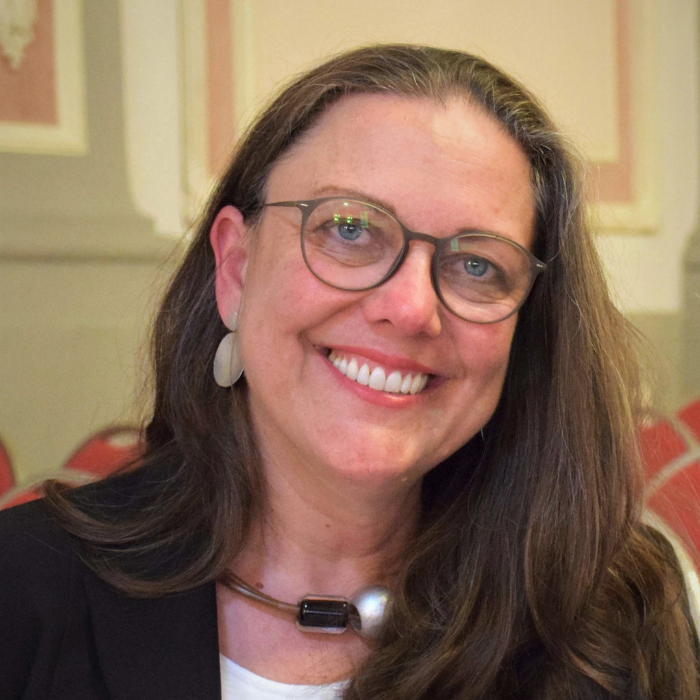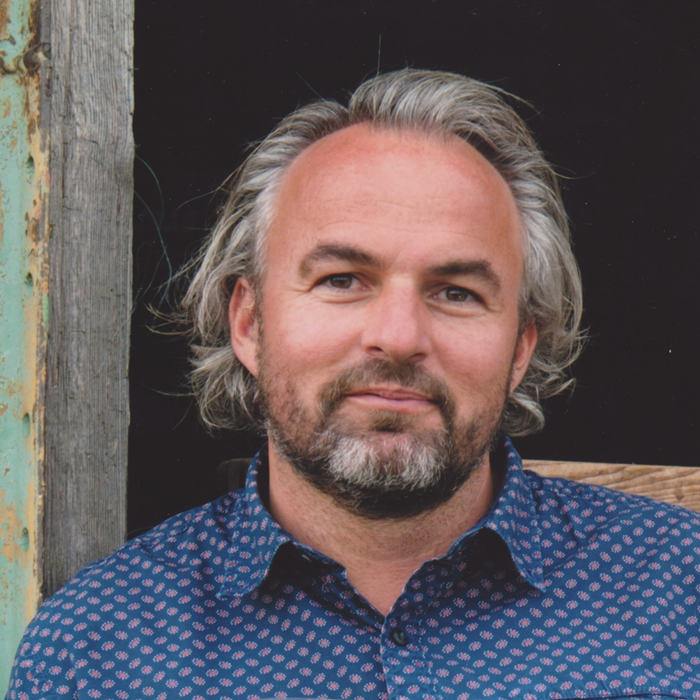An Address From the Directors
Welcome to CIRAC!
CIRAC can already look back on a three-year success story: Founded in November 2020 as a center at the Faculty of Humanities, it initially started virtually due to COVID. In 2022, however, we were able to move into great offices in a central location on the University of Graz campus. Since then, our team has grown: Currently, 16 people from ten different disciplines are employed at CIRAC, driving interdisciplinarity in aging and care research forward. We are conducting research within the framework of ten third-party funded projects with a total sum of 2 million euros - a considerable success for a new center in the humanities.

From left to right: Rector Dr. Peter Riedler, Associate Professor Dr. Rafael Schögler (Chairman of the Faculty Board and representative of GEWI), Associate Professor Dr. Klaus Wegleitner (Deputy Head of CIRAC), Univ.Prof. Dr. Ulla Kriebernegg (Head of CIRAC), LTAbg. Assoz.-Prof. Dr. Sandra Holasek, Dean of the Faculty of Catholic Theology Univ.-Prof. Dr. Pablo Argárate, and Councillor of the City of Graz Philip Ulrich
This success would not have been possible without the strategic support of our Academic Advisory Board and the collaboration with partners such as our colleagues from the Trent Centre for Aging & Society, Peterborough, Canada, who generously shared their strategic knowledge and founding documents and served as a blueprint for CIRAC. The close connection to the Faculty of Theology at the University of Graz is also important.
Against the background of current socio-demographic developments, we are convinced that CIRAC was founded at the right time, and it seems that other institutions are already following suit. The introduction of new structures during budget crises is not a matter of course, and we are proud to be the first and so far only center at an Austrian university dedicated to aging and care research from the perspectives of the humanities and social sciences.
Major social questions can only be adequately answered in an interdisciplinary manner. And we cannot approach the questions of aging and care research in a life-abstinent scientific manner, but must deal with the everyday questions of life, practices of care, but also with the existentially fragile and vulnerable life and care contexts; together with citizens, communities, practice partners and political stakeholders.
It is therefore wonderful that these cross-cutting, diverse, and transdisciplinary relationships are reflected in our collaboration with organizations and colleagues from health promotion, the Migrant Advisory Board of the City of Graz, neighbourhood work and neighbourhood assistance, social and health organizations, hospice and palliative care, and many other areas. They contribute significantly to fruitful multi-perspective discussions.
That is why we decided to pursue our goals in dialogue with the public. It is in our center's DNA to view people at all stages of life and in certain care contexts not as objects of our research, but as partners with whom we can build a trusting relationship and from whom we can learn a great deal. Our task is to create accessible places for listening and to create forms of knowledge exchange and transfer at eye level between academia and practice, between the university and the public. Ultimately, it is about finding answers to the question of how to lead a good and meaningful life until the end.
Our research is interested in social transformation and aims to contribute to a fairer and more democratic life in a heterogeneous society. CIRAC explores the potential that aging and care research can bring into a dialogue by asking critical questions:
- How can aging and care research benefit from each other?
- What blind spots in the respective discourses become visible by merging them?
- How do theoretical aspects of aging research relate to care theory and practice, and vice versa?
- How do lived environments shape the processes of aging and care, and how, in return, do aging and care processes and relations shape our natural as well as imagined surroundings?
- What contributions to social change can they make in new and existing collaborations with each other?
We look forward to searching for further questions and answers together.


Univ.-Prof. Dr.phil. Mag. Ulla Kriebernegg
+43 316 380 - 8208
Zentrum für Interdisziplinäre Alterns- und Care-Forschung
https://cirac.uni-graz.at
